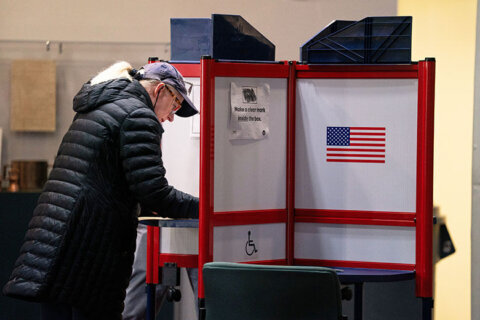A national study out of the University of Virginia found that minorities have longer waits to receive crucial lung cancer treatments.
Of the groups, white patients consistently had the shortest time to treatment, while Asians had the longest, the researchers report.
The UVA Cancer Center looked at data from more than 200,000 patients with non-small cell lung cancer across the county and found that the mean time to start radiation was 61.7 days, the wait varied by race.
For white patients the wait was 60.9 days, for Black patients, the wait was 65.9 days, and for Asian patients, the wait was 71.9 days, according to the study.
Researchers say these delays could have a significant impact on the outcomes of treatments.
A one-week delay in treatment has been associated with a 3.2% and 1.6% increase in the risk of death for patients with stage I and stage II non-small cell lung cancer, respectively, according to the study.
“This is not limited to a particular type of treatment facility,” said senior researcher Rajesh Balkrishnan, of the UVA Cancer Center and the University of Virginia School of Medicine’s Department of Public Health Sciences. “Collaboration among providers and community stakeholders and organizations is much needed to increase accessibility and patient knowledge of cancer and to overcome existing disparities in timely care for lung cancer patients.”
Researchers found that the longest waits for treatment initiation were at academic health systems. They say this may be because patients begin their treatment in community hospitals.
Reasons for the disparities, according to researchers, are varied and include the fact that non-white patients are more likely to be uninsured, face greater socioeconomic barriers to care and may be perceived by doctors as being at risk for not following through with their treatment plans.








